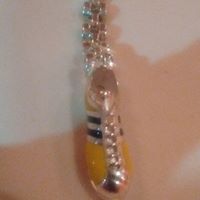Which two countries were involved in the 1798-1800 'Quasi-War'?
The 'Quasi-War' was an undeclared war fought almost entirely at sea between the United States and France from 1798 to 1800, which broke out during the beginning of John Adams's presidency. After the French Monarchy was abolished in September 1792, the United States refused to continue repaying its large debt to France, which had supported the U.S. during its own War for Independence.
The U.S. claimed that the debt had been owed to a previous regime. France was also outraged that the United States was actively trading with Britain, with whom France was at war. In response, France authorized privateers to conduct attacks on American shipping, seizing numerous merchant ships, and ultimately leading the U.S. to retaliate. The war was called "quasi" because it was undeclared. It involved two years of hostilities at sea, in which both navies and privateers attacked the other's shipping in the West Indies.
The unexpected fighting ability of the newly re-established U.S. Navy concentrated on attacking the French West Indian privateers, which led the French to reopen negotiations with the U.S. At the same time. John Adams also feuded with Alexander Hamilton over control of the Adams administration; Adams eventually offered peace to France. In 1800, after Napoleon took power, Adams sent William Vans Murray to France to negotiate peace. The Federalists cried betrayal, but hostilities eventually ended with the signing of the Convention of 1800.
More Info:
en.wikipedia.org
